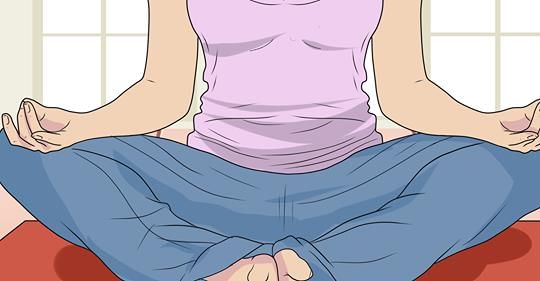Stomach Problems - It's Preventions!
If you are one of the many people who suffer from stomach and digestive problems, you are probably looking for relief – whether it’s from a short-term issue like diarrhea or vomiting, or from a chronic illness such as Crohn’s disease. Fortunately, digestive health can be improved with diet and lifestyle changes, and medical treatment is available for more serious issues. Improve your stomach problems with changes you can make yourself and by seeking appropriate care.
Cope with having diarrhea. Stay hydrated by drinking water, juice, and broth throughout the day. Get plenty of rest by staying home from work or school and staying in bed. Try over-the-counter anti-diarrheal medicines like Pepto-Bismol or Immodium A-D to help relieve symptoms. Follow a clear liquid diet of water, broth, juice, and sports drinks until you can handle solid food, then introduce the BRAT diet (bananas, rice, applesauce, and toast).
- Avoid fatty foods, dairy, caffeine, alcohol, and artificial sweeteners.
- Many cases of diarrhea are caused by viruses and will pass in a couple of days. It may also be the result of foodborne illness, which is far more common than you might think.
- If your symptoms get worse or don’t resolve after 48 hours, see your doctor — you may need antibiotics or other medications.
Ease nausea and vomiting with a gentle diet. Stay hydrated — like with diarrhea, dehydration is the biggest risk when you’re sick with vomiting. Follow the same guidelines as for when you have diarrhea. If you can eat without vomiting, eat small amounts of bland foods like toast, crackers, and Jell-O. Once you can keep these down, add rice, cereal, and fruit to your diet. Increase what you eat slowly as your illness improves.
- If you’re too nauseated to drink anything, try sucking on ice chips to get small amounts of fluids.
- When you do drink liquids, try to have them at room temperature. Avoid cold or hot drinks.
- Don’t eat spicy or fatty foods, which can further irritate your stomach.
- Let your stomach calm down after vomiting by waiting for 30 – 60 minutes afterward to eat or drink anything. Don’t try heavy solid foods until at least six hours after you last vomited.
- If your stomach upset is from motion sickness, try a medication like Dramamine before traveling.
Seek medical care if you become dehydrated. If you have diarrhea or vomiting that lasts over 24 hours, or you cannot keep any liquids down for over 12 hours, see your doctor right away. Seek emergency care if you have any signs or symptoms of dehydration, such as:
- Extreme thirst
- Dry mouth or skin
- Dark urine, or producing little or no urine
- Weakness, dizziness, fatigue, lightheadedness
See your doctor if you have pain or a high fever. Signs that your stomach problems necessitate medical care include a fever of 102°F (39°C) or higher, or moderate to severe stomach, rectal, or chest pain. If you have blood in your stool or vomit, or your stool is black and tarry, see your doctor right away.



+1.svg)
